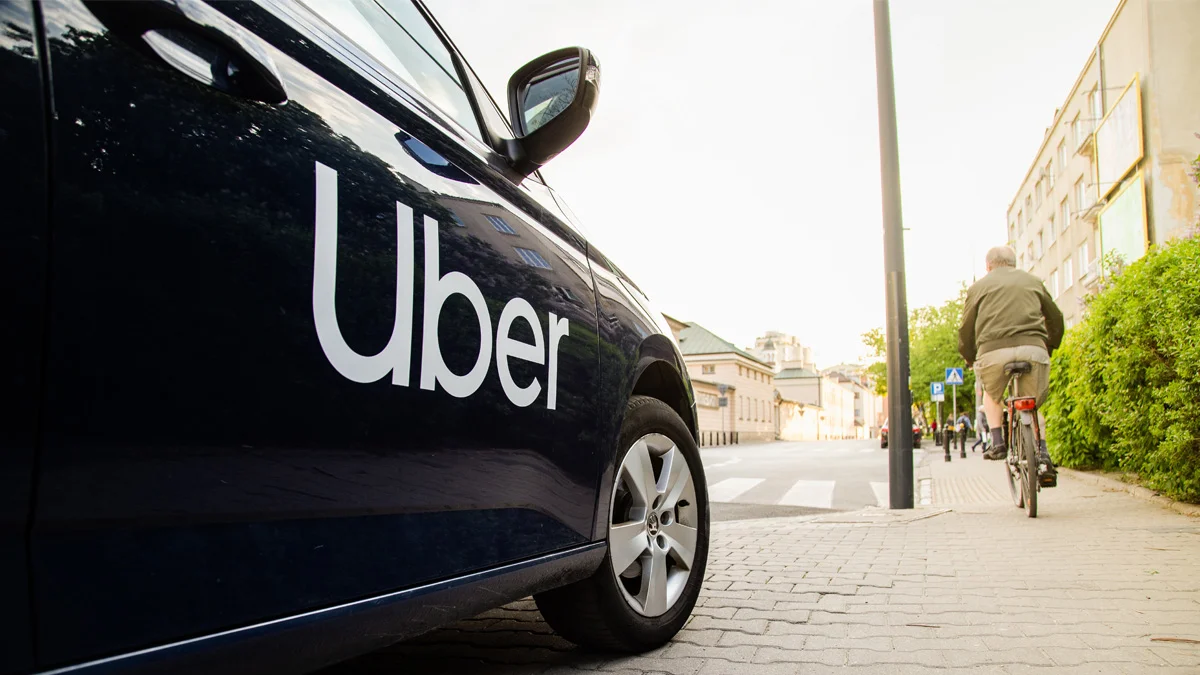
The world has fallen out of love with economists. Practitioners of the dismal science are now less trusted by the public than civil servants and football referees. They are still rated more highly than bankers, estate agents and, dare I say it, journalists, according to a recent poll by Ipsos, but that’s little comfort for a profession that has repeatedly got it wrong about the economy.
Lots of people believe economists don’t even live in the real world. As former US president Ronald Reagan put it: “Economists are the sort of people who see something work in practice and wonder if it would work in theory.”
But before you condemn the entire profession, consider this: Amazon, one of the world's most valuable companies, has been hiring economists in droves. Uber's whole business model is based on behavioural economics. And the skills honed by economists are being used for everything from navigating traffic jams to predicting where the jobs of the future will be.
Let me introduce you to the microeconomist. Unlike their macro counterparts, who spend their lives agonising over how big or small a country is, microeconomists are employed by companies, essentially to boost profits.
What started as a few niche hires has turned into big business for tech companies, with behemoths such as Amazon now employing hundreds of them to solve problems from working out the best way to route trucks through its vast distribution network to reducing the chance that a customer will return a product. In the tech giant’s own words, these crack teams, all of whom have PhDs, are using their quantitative modelling skills “to tackle some of the hardest problems at Amazon”.

Economists know how to help people have fun too. My favourite example is from when I interviewed Will Page several years ago, then chief economist at Spotify, when the music streaming giant was seen as a threat by many artists still clinging to the idea that people wanted physical records.
It got nasty. Thom Yorke, the frontman of Radiohead, branded the company “the last desperate fart of a dying corpse” after the band pulled its music from the platform in protest at how much it paid artists.
Page said he later asked the band's manager where he believed Radiohead’s top listeners lived. Without missing a beat, the manager replied: “Easy – London, Manchester, Birmingham, Glasgow, New York, Chicago, LA.”
Nearly all of his beliefs were wrong. Number two was Santiago, Chile. Number four was Mexico City. Yorke and Radiohead later returned to Spotify. The band also ended its 2017 tour with not one but two dates in Mexico City. Radiohead's last tour in 2018 began in Santiago.
Let’s turn to another company: Uber. The ride-hailing firm is arguably the company that made corporate economists fashionable. I have written for Business Leader in the past about why Brits need to stop saying sorry. Uber made a big deal out of the economics of apologising.
It started when American economist John List hired an Uber to take him to a prestigious event at which he was the keynote speaker. As he buckled up for what was supposed to be a 27-minute ride, he thought he was in good hands. Twenty minutes later, a combination of human and computer error meant he was right back where he started.
He eventually arrived late. But what annoyed him the most was that nobody said sorry. But he didn’t delete the app. He phoned the chief executive. Travis Kalanick was Uber boss at the time, and he tasked List with finding the best way to keep Uber customers coming back, even after a bad experience.

That took him on a journey of discovery that included the world of medicine, where US doctors were too afraid to apologise to patients because they feared being sued. It transpired that patients only sued because they felt they never got an apology. This paved the way for roughly 20 US states to pass “I’m sorry” laws that enabled doctors to apologise without fear that their words would be used against them.
The evidence suggested saying sorry saved both time and money, with states that passed these laws settling cases 20 per cent faster and saving up to $60,000.
But what about taxi rides? The one thing Uber has access to is lots of data. And it was telling them that trips where riders saw delays of roughly 15 minutes ended up costing the company between 5-10 per cent in lost revenues.
They decided to start an experiment. After a bad ride, the company did one of a few things. The control group never heard from Uber again. Another group received an apology, a third group saw their apology accompanied with a $5 voucher off their next ride. Uber’s real-life experiment showed that a discount could turn the 5-10 per cent revenue loss into a gain of 2 per cent.
List also demonstrated another version of why goods are often priced at £1.99 instead of £2. His work with Lyft showed that cutting the price of a journey from $15 to $14.99 has roughly the same impact on consumer demand as reducing it from $15.99 to $15 in what he branded “left-digit bias”.
However, money talks but only up to a limit. In Uber's $5 voucher experiment, there were diminishing returns once customers had experienced more than one bad ride.
After all, you don’t need an economist to tell you that most people will choose good customer service over a gimmick, especially if you want them to come back.
Szu Ping Chan is economics editor of The Telegraph.
Related and recommended
The hotel executive believes the hospitality industry needs to be proactive in hiring to reflect society
The legendary ad exec believes leaders should collaborate with the technology, rather than use it as a tool
Entering new markets drives growth but can trip up the unwary. Here’s everything you need to know before you start
Richard Harpin, the founder of HomeServe and Growth Partner and owner of Business Leader, answers your burning business questions
